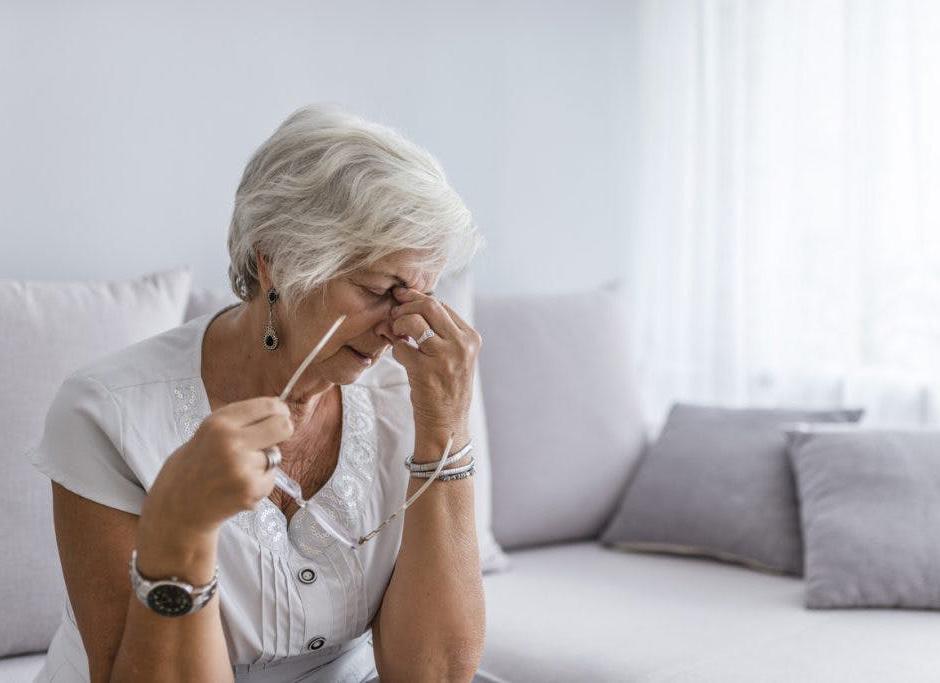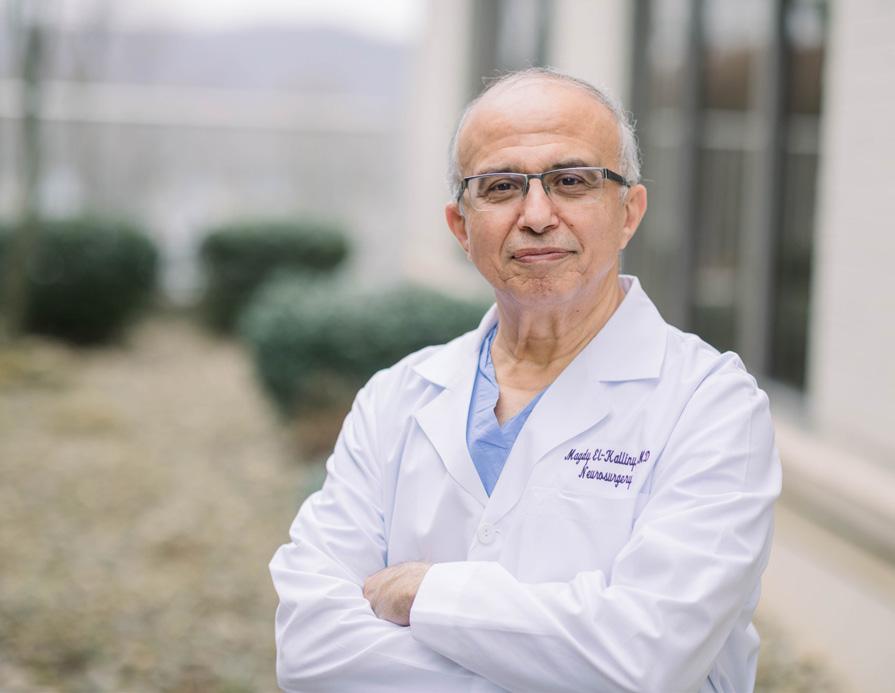FEELING TIRED AFTER STROKE After a stroke, almost all stroke survivors feel tired at some point. Stroke survivors often must work harder to make up for the loss of normal functions (such as being unable to use an arm or hand). But you’ll probably start feeling less tired after a few months. For some people, tiredness may continue for years after a stroke, but they usually find ways to make the most of the energy they have.
Why am I so tired? It’s important to pinpoint what’s causing you to be tired. Then you can take action to manage it. Consult with your healthcare provider to rule out any medical conditions that might cause tiredness or make it worse. You may feel tired after a stroke for four major reasons: • You may have less energy than before because of sleeping poorly, not getting enough exercise, poor nutrition or the side effects of medicine. • You have as much energy as before, but you’re using it differently. Because of the effects of your stroke, things, like dressing, talking or walking, take a lot more effort. Changes in thinking and memory take more concentration. You have to stay “on alert” all the time — and this takes energy. • You also may feel more tired due to emotional changes. Coping with frustration, anxiety, anger and sadness can be draining. Depressed feelings are common after a stroke. Often, loss of energy, interest or enthusiasm occurs along with a depressed mood. • You may feel more tired because of depression. Depression is very common after a stroke. Clinical depression is a treatable illness that happens to many stroke survivors. Symptoms include significant lack of energy, lack of motivation, and problems concentrating or finding enjoyment in anything. Talk to your doctor about an evaluation for clinical depression if tiredness continues.
How can I increase my energy? • Tell your doctor how you feel and make sure you have had an up-to-date physical. Your doctor can evaluate any medical reasons for your tiredness. He or she can also check to see if your fatigue could be a side effect of your medication. • Celebrate your successes. Give yourself credit when you accomplish something. Look at your progress, not at what’s left to be done. • Try naps, or schedule rest periods throughout the day. Rest as long as you need to feel refreshed. • Learn to relax. Sometimes the harder you try to do something, the harder it is to do. You become tense, anxious and frustrated. All this takes more energy. Being relaxed lets you use your energy more efficiently. • Do something you enjoy every day. A positive attitude or experience helps a lot to boost energy levels. • Be social. Go out into the community and interact with friends, family and other people. • Physical activity is important. With permission from your doctor, consider joining a health and wellness program.
16




